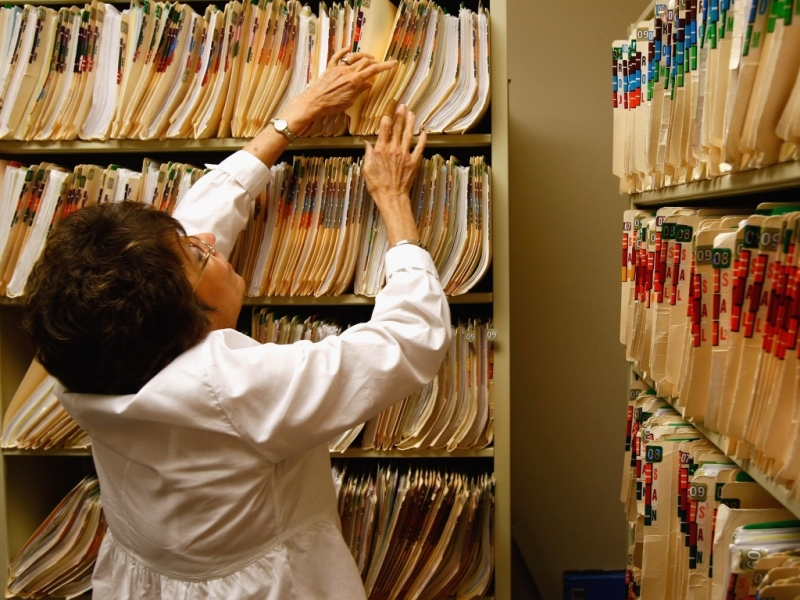**Title: The Ultimate Guide to a Successful Career in Medical Billing and Coding**
**Introduction:**
Are you interested in a career in the healthcare industry that allows you to work behind the scenes and still make a significant impact? If so, a career in medical billing and coding might be the perfect fit for you.
In this comprehensive guide, we will explore all aspects of a career in medical billing and coding, including job responsibilities, educational requirements, salary expectations, and tips for success in the field.
**What is Medical Billing and Coding?**
Medical billing and coding professionals play a crucial role in the healthcare industry by translating medical procedures, diagnoses, and treatments into universal alphanumeric codes. These codes are used for billing purposes, insurance claims, and maintaining accurate patient records.
**Key Responsibilities of a Medical Biller and Coder:**
– Assigning diagnostic and procedural codes to patient records
– Processing insurance claims and following up on unpaid bills
– Verifying patient information and eligibility for services
– Ensuring compliance with healthcare regulations and coding guidelines
– Communicating with healthcare providers, insurance companies, and patients
**Educational Requirements:**
To pursue a career in medical billing and coding, most employers require a certificate or associate degree in medical coding and billing. These programs typically cover topics such as healthcare terminology, anatomy, medical coding systems (ICD-10, CPT, HCPCS), and healthcare ethics.
**Salary Expectations:**
According to the Bureau of Labor Statistics, the median annual wage for medical records and health information technicians, which includes medical billers and coders, was $42,630 as of May 2020. Salaries can vary depending on factors such as experience, location, and employer.
**Benefits of a Career in Medical Billing and Coding:**
– **Job Stability:** The healthcare industry is constantly growing, creating a high demand for qualified medical billing and coding professionals.
– **Flexible Work Options:** Medical billers and coders have the option to work in hospitals, clinics, physician offices, insurance companies, or remotely from home.
– **Career Advancement:** With experience and certifications, medical billers and coders can move into supervisory roles or specialize in areas such as auditing or compliance.
**Tips for Success in Medical Billing and Coding:**
– Stay updated on industry changes and coding guidelines through continuing education and professional development.
– Develop strong attention to detail and analytical skills to accurately assign codes and process claims.
– Build relationships with healthcare providers, insurance companies, and peers in the industry to stay connected and informed.
**Conclusion:**
A career in medical billing and coding offers a rewarding opportunity to work in the ever-evolving healthcare field while making a difference in patient care. By pursuing the necessary education, gaining experience, and staying focused on professional growth, you can build a successful career in medical billing and coding. Good luck on your journey to becoming a healthcare coding and billing expert!
Remember, the healthcare industry always needs talented coders and billers, so if you’re looking for a stable, fulfilling career, consider exploring this exciting field today.



